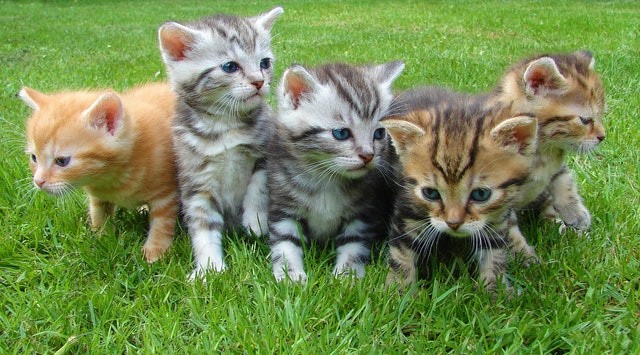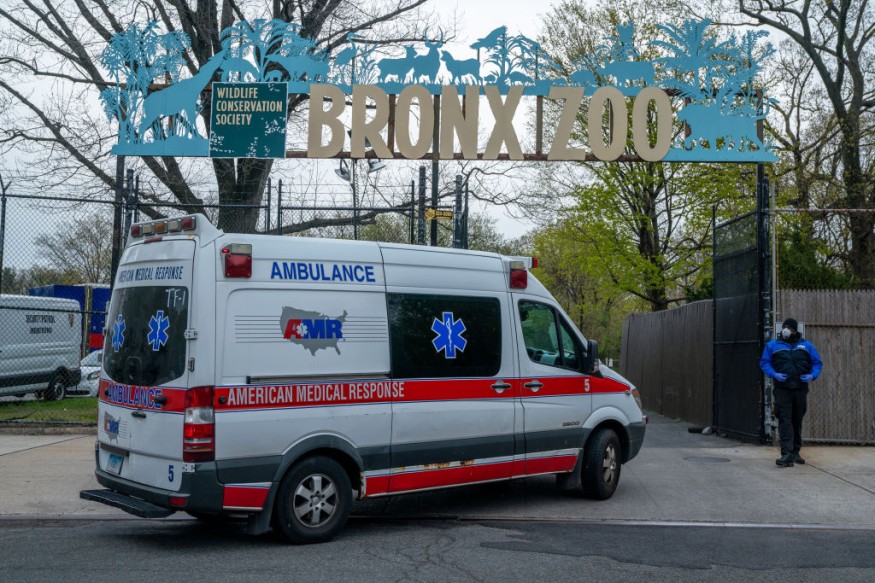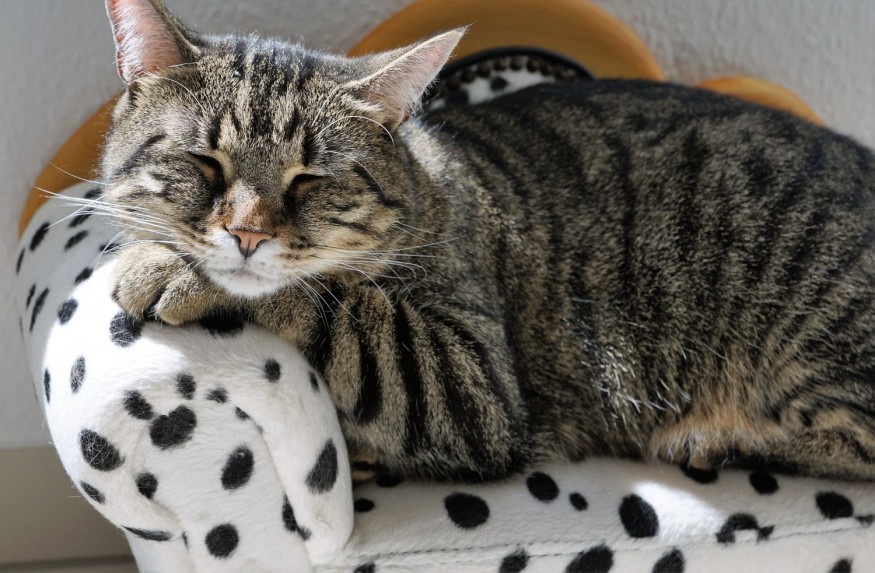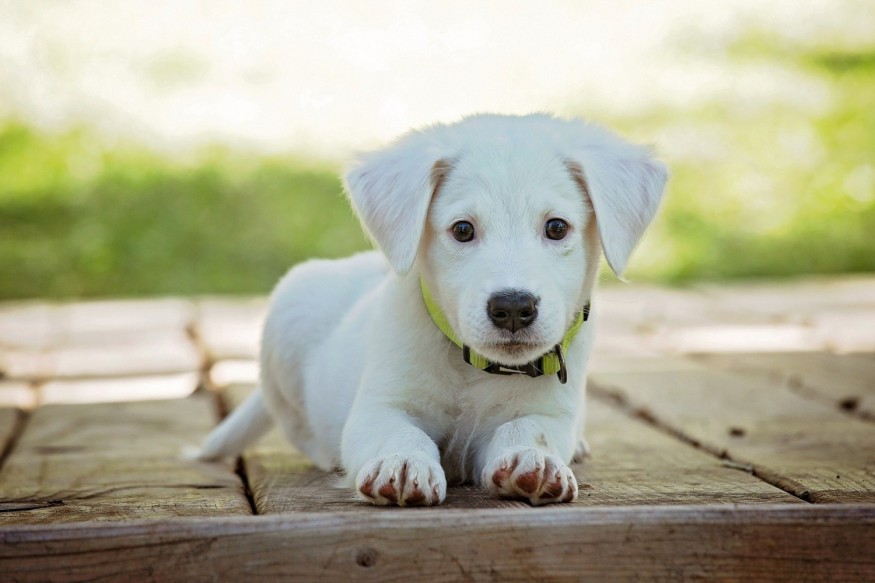Following an uptick in pets diagnosed with myocarditis at a specialist veterinary hospital in Buckinghamshire during the pandemic's second surge, veterinarians warn of a potential association between a novel form of coronavirus and heart attacks in cats and dogs.

"We don't want to generate undue fear, particularly because we have a clear hypothesis of transmission from human to pet but not vice versa - and we don't know for sure. However, veterinarians should be mindful of this to begin checking if they consider a possible Covid infection case, according to Luca Ferasin, a cardiologist at the Ralph Veterinary Referral Centre (RVRC) in Marlow Buckinghamshire, who led the study.
Related Article: Apes are Being Vaccinated from Covid-19 to Protect Staff, Inhabitants
B117 Variant

The highly transmissible B117 variant was first discovered in Kent in December. It has quickly risen to become the most common circulating type in the UK, accounting for nearly 95% of infections. It has been used in at least 85 other countries around the world.
While earlier versions were known to affect cats and dogs, the symptoms were often respiratory: a runny nose, coughing, sneezing, or conjunctivitis. The cases in Buckinghamshire are among the first known B117 variant animal infections.
Heart Problems

Ferasin and his colleagues advise colleagues to search for cats or dogs with heart disease signs and have them screened for coronavirus, particularly if their owners have recently been infected. The veterinarians hope that this will help them understand how the current strain affects the two species and their likely role in virus transmission.
The team found a rise in the number of dogs and cats admitted to the RVRC with myocarditis between December and February (inflammation of the heart muscle). The number of cases was not high - there were just 18 in all - but it was almost ten times what the animal hospital usually sees at this time of year.
The animals were referred after showing signs of heart disease, such as lethargy, a loss of appetite, heavy breathing or shortness of breath, and serious life-threatening arrhythmia (irregular heartbeat). There were fainting episodes in two of the incidents. Myocarditis was found after further studies.
The animals referred to the RVRC, unlike previously reported Sars-CoV-2 infections in cats and dogs, have no other respiratory symptoms.
Testing the Samples

Ferasin took blood samples and swabs from the noses, lungs, and rectums of six cats and one dog presenting with myocarditis between late January and early February, wondering if these heart abnormalities could be attributed to the rise in human Covid cases. Sars-CoV-2 antibodies, or antibodies to the virus, were tested on these.
They also collected blood samples from two cats and two dogs in the intensive care unit suffering from myocarditis. Two cats and a dog tested positive for the virus in their rectal tests, and two other cats and dogs tested positive for Sars-CoV-2 antibodies in their blood. If these studies had been done earlier, Ferasin believes that more people may have tested positive.
Results
Many of the cats are doing fine following veterinary attention, except for one cat that had to be put down. In humans, Covid has also been linked to heart injury.
Precaution

However, Margaret Hosie, a comparative virology professor at the University of Glasgow's center for virus studies, said it's still uncertain if the virus triggered the animals' symptoms. "It's difficult to rule out the chance that Sars-CoV-2 shedding was an unintended consequence, and it's unavoidable that a proportion of every group of animals would test positive for [antibodies to coronavirus] at the time of the second wave's peak," she stated.
"The advice to pet owners is the same - if you have Covid-19, be mindful that it can be spread to pets, but prevent contact with your pet if at all practicable and, if it is not possible, wear a mask, such as while cooking the pet's food," Hosie said.
ALSO READ: Scientists Double Effort to Find Possible Next Pandemic, Caused by Other Zoonotic Diseases
For more wildlife news, don't forget to follow Nature World News!
© 2025 NatureWorldNews.com All rights reserved. Do not reproduce without permission.





